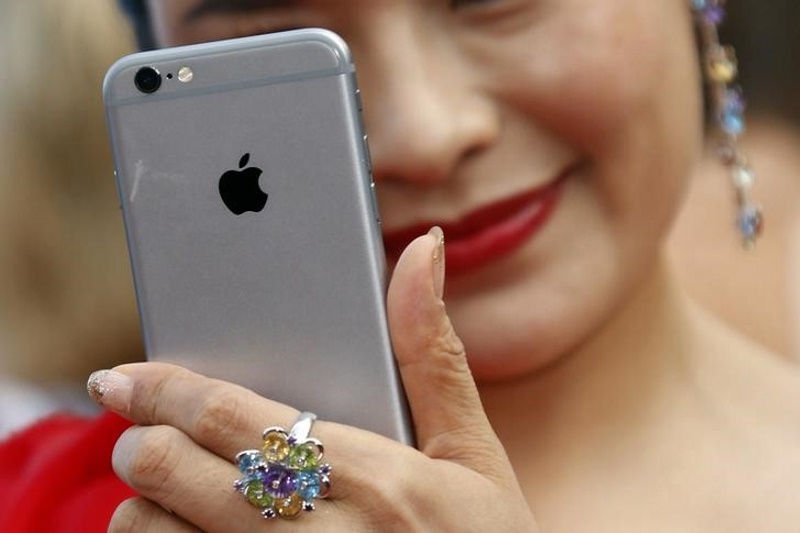
Telecom wars continued to grab the headlines this week, with state-run BSNL in the news, along with private telcos Airtel and Reliance Jio. BSNL started off the week by introducing a Rs. 144 New Plan Voucher that offers free voice calls (local as well as STD) to all operators for a period of 30 days. However, the BSNL Rs. 144 voucher has a ‘fair usage policy’ of 30 minute per day when it comes to calling non-BSNL networks.
The week ended with more BSNL news, as the telco took Reliance Jio head on by introducing a new mobile data plan. Under the new Rs. 291 BSNL plan, a customer will get four times more data at 8GB with a validity of 28 days against 2GB earlier. “With these offers BSNL is now offering data at the rate of Rs. 36 per GB which is one of the lowest in the Industry,” BSNL said. “These offers will be valid from February 6, 2017, on Pan India basis,” BSNL Board Director for Consumer Mobility RK Mittal said.
While telcos like BSNL continue to respond to Reliance Jio’s moves, there’s mixed news for the new kind on the block. A new report from Credit Suisse claims that while Reliance Jio enjoys the best network coverage among all telcos, its 4G speed trails behind its competitor Airtel. “Our conclusion is that Reliance Jio’s network coverage is significantly ahead of the other operators. Reliance Jio has good coverage in 80 percent plus of cities surveyed, compared to less than 30 percent for the others,” the report said.
According to the report, Airtel 4G offers the best 4G speeds among the other competitors in India. The download speed of Airtel is at 12Mbps; while Reliance Jio, Vodafone, and Idea all come a close second with 7-8Mbps download speeds.
Talking about the war between Reliance Jio and Airtel, the former has asked telecom regulator TRAI to “impose highest penalty” on the latter, accusing India’s largest telco of grossly exaggerating the value of data in a promotional offer, and giving misleading tariff ads.
Reliance Jio has shot-off a letter to the telecom regulator alleging that in so far as the advertisements issued by Airtel for prepaid and postpaid tariff packs are concerned, the unlimited calls and free data being offered by Airtel is in “gross violation of extant telecommunication laws”. Reliance Jio has further charged Airtel of misrepresenting the benefits as free unlimited calls without indicating the applicability of Fair Usage Policy (FUP). Reliance Jio alleged that the free calls under Airtel’s Special Tariff Voucher 345 were not really unlimited as Airtel has implemented a FUP of 300 minutes/day or 1,200 minutes/week, post which all calls are chargeable.
Meanwhile in the United States, a legislation was introduced in the House of Representatives which among other things, calls for more than doubling the minimum salary of H-1B visa holders to $130,000 (roughly Rs. 89 lakhs). The move would make make it difficult for firms to use the programme to replace American employees with foreign workers, including from India, on H-1B visa.
The High-Skilled Integrity and Fairness Act of 2017 introduced by California Congressman Zoe Lofgren prioritises market based allocation of visas to those companies willing to pay 200 percent of a wage calculated by survey, eliminates the category of lowest pay, and raises the salary level at which H-1B dependent employer are exempt from non-displacement and recruitment attestation requirements to greater than $130,000.
In other news from the US, President Donald Trump signed an executive order restricting immigration from seven Muslim-majority countries, sparking protests in the Silicon Valley, and others said to be exploring legal options.
Talking about the US President, Uber CEO quit Trump advisory group amid mounting pressure, though Tesla CEO Elon Musk justified his continuation in a similar role.
Back home, the Union Budget 2017 was perhaps the biggest development in India, with no major announcements, but a few things that will impact your life nonetheless. There will no longer be any service charge for tickets booked via IRCTC. There’s a renewed push for digital payments, though mobile phone prices may increase in the short term.
Don’t worry, we haven’t forgotten about launches of the week. The big one this week was Oppo A57, which launched at Rs. 14,990. The Oppo A57 rear camera has a 13-megapixel sensor with an aperture of f/2.2, and PDAF, along with an LED flash module. At the front, it houses a 16-megapixel front-facing camera with f/2.0 aperture. The dual-SIM smartphone is powered by an octa-core 1.4GHz Qualcomm Snapdragon 435 SoC coupled with 3GB of RAM and Adreno 505 GPU for graphics. For storage, the Oppo A57 has an inbuilt storage of 32GB that can be expanded via microSD card (up to 128GB).
The other phone that can potentially shake up the market is the ZTE Blade A2 Plus, which was unveiled this week carrying a price tag of Rs. 11,999. The big highlight of the ZTE device is its massive 5000mAh battery that supports fast charging and 4GB of RAM. As for specifications, the ZTE Blade A2 Plus features a 5.5-inch (1080×1920) pixels full-HD display. It is powered by a 64-bit MediaTek MT6750T octa-core SoC (four Cortex-A53 cores at 1.5GHz and four at 1GHz) and Mali T860 GPU. The inbuilt storage is at 32GB with the option to expand further via the microSD card (up to 128GB).
The other launches of the week were Swipe Elite Power with 4000mAh battery at Rs. 6,999, the Lava X41+ with 4G support at Rs. 8,999, and Intex Aqua Amaze+ with VoLTE support at Rs. 6,290. Globally, we also saw the launch of the Honor 8 Lite. The 2GB RAM variant of the Redmi Note 4 went on sale in India this week.
[Source:-Gadget 360]








